Sylvia Townsend Warner's Human Design Chart
4/6 Splenic ProjectorBritish writer, a translator, poet, short story writer and novelist. Warner began her self-proclaimed “accidental career” as a poet after she was given paper with a “particularly tempting surface.” She wrote her first novel, “Lolly Willowes,” 1926, because she “happened to find very agreeable thin lined paper in a job lot.” Her work is praised for wit and whimsical charm, with an elegant use of language.
The only child of George Townsend Warner, a schoolmaster, and Nora Huddleston Warren, Sylvia was educated privately. She originally intended to follow a career as a musicologist and did become an authority on early English music, working as one of the editors of the ten-volume Tudor Church Music, 1923-29, and a contributor to Grove’s Dictionary of Music.
Warner went on to the publication of some 144 short stories that appeared in The New Yorker magazine and her output included collections of short fiction, novels, poetry and biography, including the semi-autobiographical “Scenes of Childhood,” posthumously published in 1981. Her novels include “The True Heart,” 1929, “The Flint Anchor,” 1954 and her final collection, “Kingdoms of Elfin,” 1977.
In 1927, Warner met Valentine Ackland (1906-1969), an aspiring writer, and in 1930, they became life partners, eventually settling permanently in the village of Frome Vauchurch, Dorset, in 1937. Both women had joined the Communist Party of Great Britain in 1935. After losing Ackland to breast cancer, Warner, then in her mid-70s, continued to mourn her for the remainder of her life, though she found some solace in her garden and her much-loved cats. In her later years, a resurgence of interest in her work, especially among feminist scholars, gave her a great deal of satisfaction.
Increasingly troubled by arthritis and deafness, Warner became bedridden early in 1978, dying on May 1 of that year, Maiden Newton, Dorset, England. “I’ll Stand By You,” a collection of love letters between her and Ackland, was published in 1999.
Link to Wikipedia biography
Discover More Famous People
Browse and analyze over 55,000 public figures and celebrities.
Ra Uru Hu
5/1 Manifestor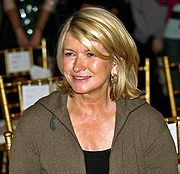
Martha Stewart
4/6 Manifestor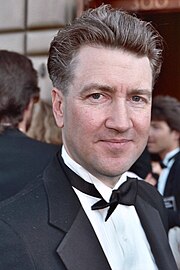
David Lynch
4/6 Generator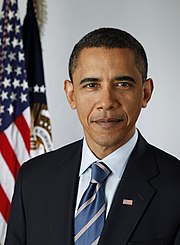
Barack Obama
6/2 Projector
Steve Jobs
6/3 Generator
Vladimir Putin
5/1 Manifestor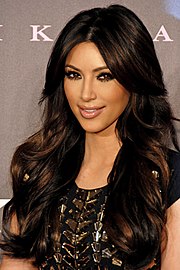
Kim Kardashian
3/5 Generator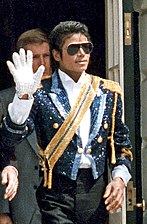
Michael Jackson
1/3 Projector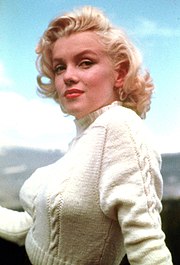
Marilyn Monroe
6/2 Projector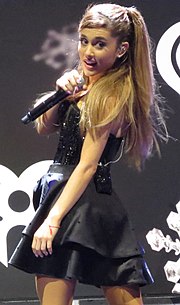
Ariana Grande
2/4 Projector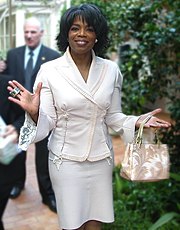
Oprah Winfrey
2/4 Generator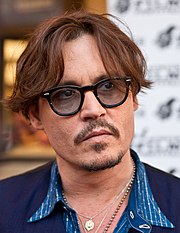
Johnny Depp
2/4 ManifestorWhat is HumanDesign.ai and how does it work?
Curious what makes Sylvia Townsend Warner tick? HumanDesign.ai instantly maps their exact birth data into a fully interactive clickable bodygraph chart, letting you hover or tap every center, channel, and gate for plain-language explanations. Bella, the platform’s built-in AI guide, adds context in real time, translating complex mechanics into everyday insights so you can see how Sylvia Townsend Warner’s strengths, challenges, and life themes play out on-screen.
The same tools are waiting for you. Generate your own Human Design Chart in seconds, open a library of 2000+ suggested questions, and chat with Bella as often as you like to decode your design, daily transits, and even relationship dynamics.
Want to compare energies? Save unlimited charts for friends, family, or clients, then ask Bella to reveal compatibilities, composite patterns, or coaching tips, all in one conversation thread.
Start free with core features, or unlock our Personal and Pro plans for deeper dives: unlimited Q&A, celebrity chart search spanning 55,000+ public figures, white-label PDF reports, branded content generation, and a professional profile with built-in booking for practitioners. Whether you’re exploring your own potential or guiding others, HumanDesign.ai delivers an ever-expanding toolbox of AI-powered insights—no spreadsheets, no jargon, just clarity at your fingertips.
Ready to see yours? Signup for FREE today!
